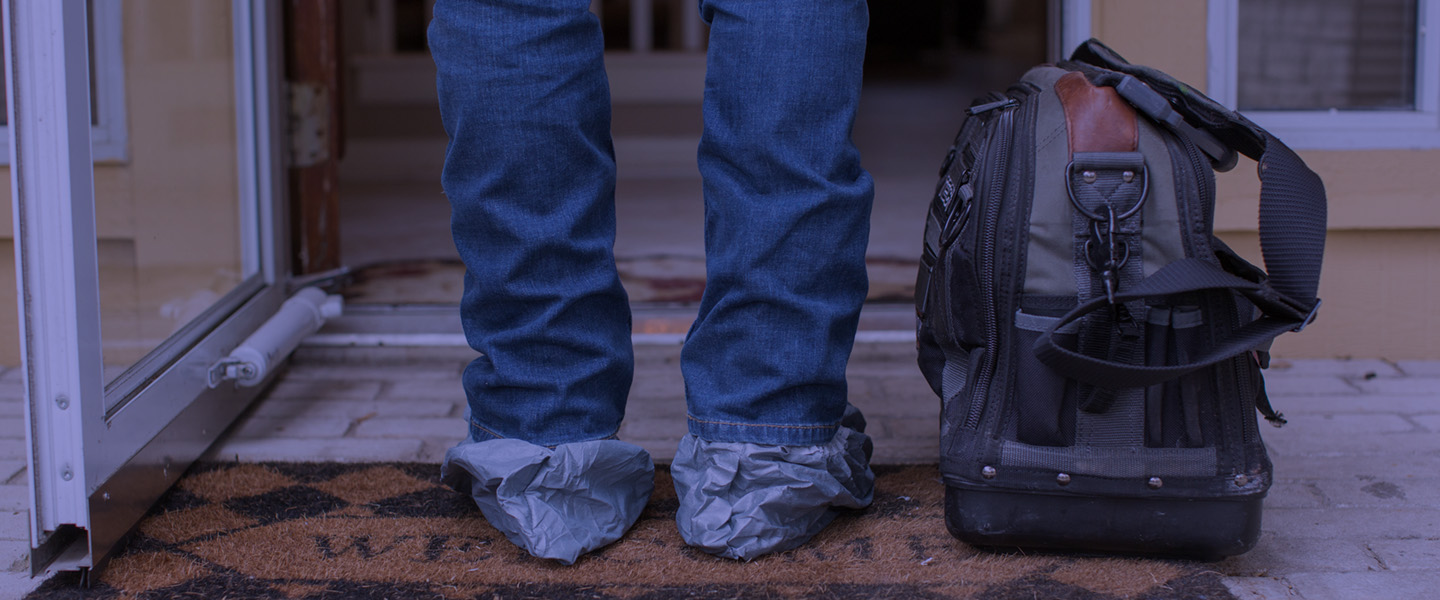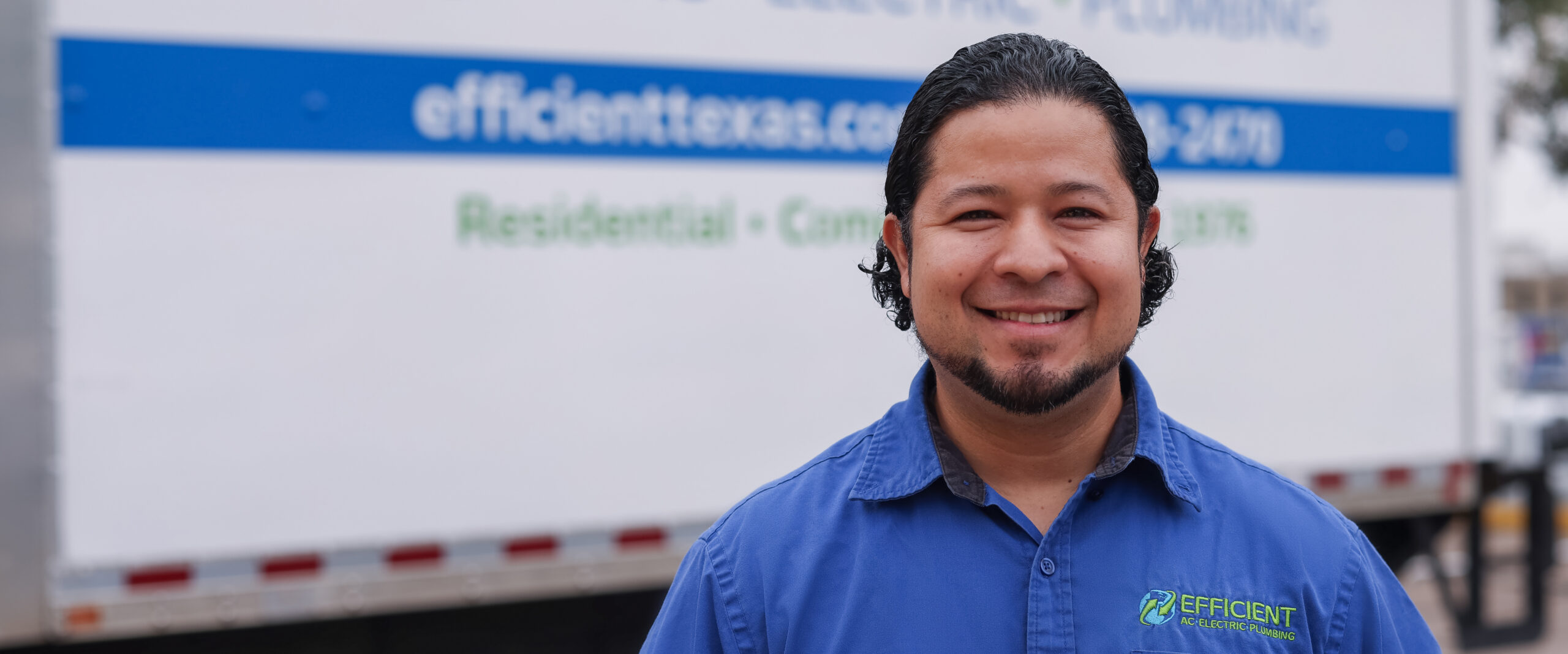0% for 36 Months or 10% off a New AC. Learn More >
Heater Repair in Austin, Texas
Gas heaters are great! At Efficient, we are big fans!
They are very efficient from a cost perspective. It is much less expensive to heat with natural gas than electricity. They require no large electric circuits to be brought indoors. They heat fast and feel warm. All is wonderful.
But…
They need to be maintained well and replaced if there are any concerns. Unburned natural gas, carbon monoxide and fire risks are the drawbacks. The units themselves are very well made and reliable, so these risks are virtually nonexistent for units in top shape that were installed according to codes and manufacturer requirements. Inspection and maintenance are key to long life.
Signs You Need Heater Repair Service
If you smell gas or notice that the air during the heating cycle is not warm, you should call a licensed HVAC contractor to make sure your unit is operating safely and properly. Typically, gas heaters operate near 90 degrees or higher during the heating cycle at the vent closest to the unit.
How to Prevent Heater Repairs
-
- Have your heater serviced regularly.
- Keep your flue pipe clean. In all houses with gas heating, there is a flue pipe leaving the heater to carry unburned gas outside. Air is also pulled into the burner from the attic – supplying oxygen to allow the flames to burn. In some houses, rather than pulling air from the attic, the heater pulls air from the outside through a combustion air pipe. The flue pipe and combustion air pipe, depending on the configuration of your heater, should be inspected and cleaned to ensure it is free of debris, insects and/or nests that could 1) restrict airflow, or 2) cause carbon monoxide buildup and/or leaks, 3) prevent proper ignition.
- Replace filters regularly at manufacturer’s recommended intervals. Filter replacement is often neglected during the winter months, but regular filter replacement is required year-round for optimal system operation. In extreme cases, dirty filters can pose a fire hazard.
- If your heater utilizes propane, keep the tank full. Never let the tank run completely empty. Air will get trapped in the lines and prevent the heater from igniting. Even once the tank has been refilled, it may be necessary to bleed the air from the lines prior to restarting the heater.
Our Heater Repair Service Process
We will check the:
-
- Condition of the filters.
- Flue pipe/combustion air pipe for debris, insects and nests.
- Ignition system of the gas heater for insufficient airflow for unit ignition.
- Heat exchangers for carbon monoxide leaks/risks.
- Flame sensors and limits to verify if any of these have tripped, which would prevent the system from igniting.
- Operation of all safeties, ignition controls and ignitors.
- Duct system for air leaks/infiltration sources.
Whether your heater needs a repair or regular maintenance, we are here to help. Call us today at 512-501-2275, or fill out our contact form to get a technician scheduled.

